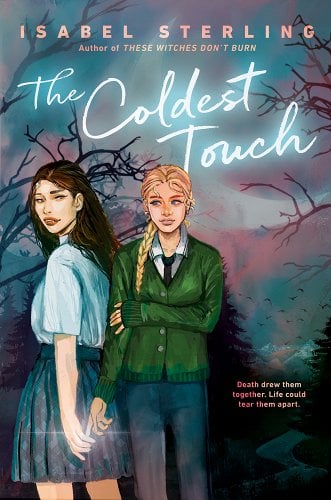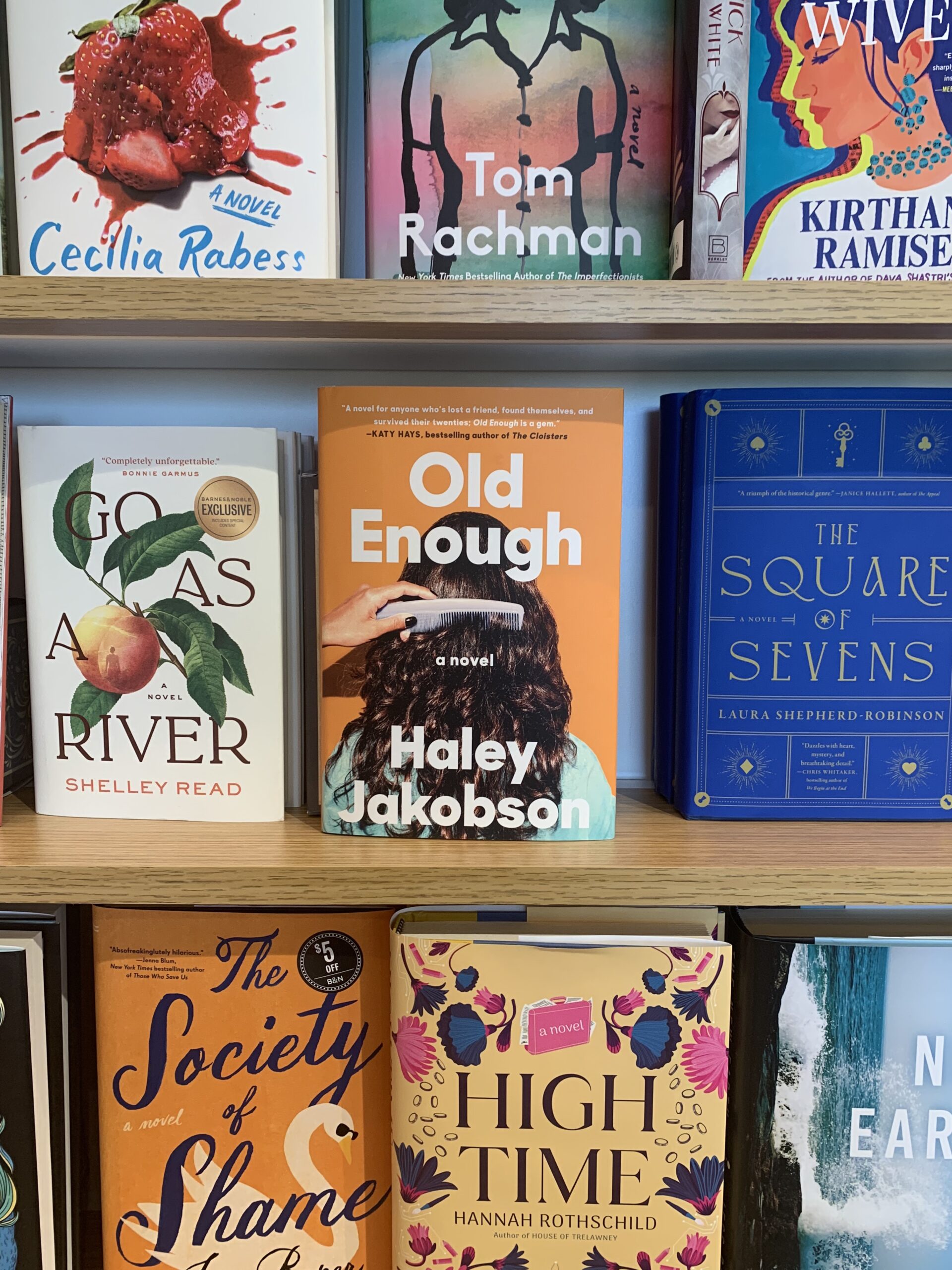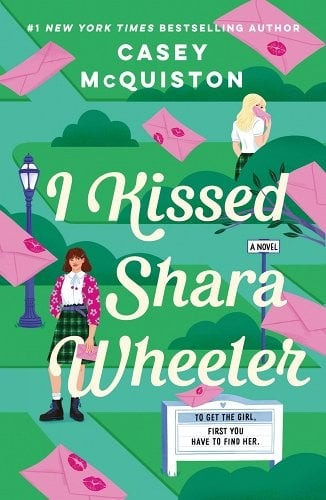
It was a happy coincidence that When We Were Outlaws reached the top of my TBR stack just after it won a Lambda Literary Award. I was already looking forward to it, but the win pushed my expectations a little higher. I can definitely see when Cordova won. When We Were Outlaws is equal parts a historical look into the feminist and gay/lesbian activism of the 70s, and a personal memoir about a love affair. It took me a little while to get into, but by the end I was totally gripped.
When We Were Outlaws starts off with a flash-forward. Because I didn’t yet know the political situation or any of the people mentioned, I wasn’t particularly interested at that point, but it all begins to come together later in the story. And it definitely has a story: When We Were Outlaws is written like a novel, and at the height of the story’s drama I couldn’t help but think it was close to a lesbian pulp fiction book. Jeanne Cordova as portrayed in the book is passionate as well as logical. She can map out how activist strategies will unfold and account for the consequences of this, structuring the plans around this. She is logical and fairly realistic in her activism. At the same time, she is floored by passionate romances and twice is spun into deep depression over love affairs.
When We Were Outlaws does a great job of showing the tension between Cordova’s political beliefs and activism, which dominate her life, and her personal relationships, both threatening to overturn the other. Cordova’s relationship with Rachel is heartwrenching (and very, very lesbian). I was torn between needing to see what happened and hardly being able to pick up the book knowing how intense the emotions are, and how I wouldn’t be able to help feeling that vicarious pain.
There were a few minor editing errors in the book–an endnote that led nowhere and a couple paragraphs beginning in the middle of a sentence–and the flash-forward in the beginning didn’t work for me, but those are very minor complaints. Overall, I would highly recommend When We Were Outlaws, both as a historical text (it’s fascinating to see what’s changed and what’s depressingly the same in activism between the 70s and now) and as a memoir.



caseythecanadianlesbrarian says
Oooh, I’m excited to read about Cordova’s “very very lesbian” relationship with Rachel!
Danika @ The Lesbrary says
You’ll have to talk to me about it after you read it and see if you agree!
2 Girls Getting Married says
Loved Loved LOVED this book! I picked it up because of its listing on your blog a few weeks (months?) ago and seriously read it in four days.
My only complaint is that she eventually admits (in the endnotes I think) that the timing of her story was off and certain events happened either earlier or later than written about. I wish she would have left them as they were, only because it (sort of) leaves me wondering what else she changed to make her book a “better read.”
Regardless, she solidified my intention to get a PhD in women’s and gender studies focusing on “true” second wave feminism and its interaction with (or alongside of) lesbian politics.
Danika @ The Lesbrary says
I thought that she mentioned that in the introduction, though she does say that she meticulously detailed all the things she changed in the footnotes, so I trust her on that.
Sounds like an excellent thesis topic!